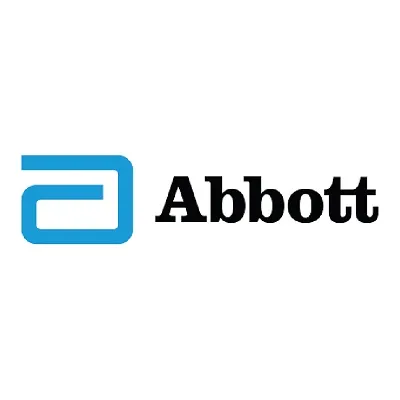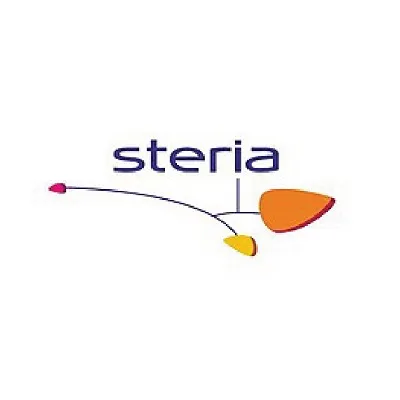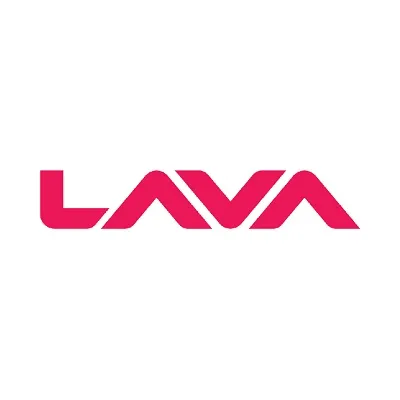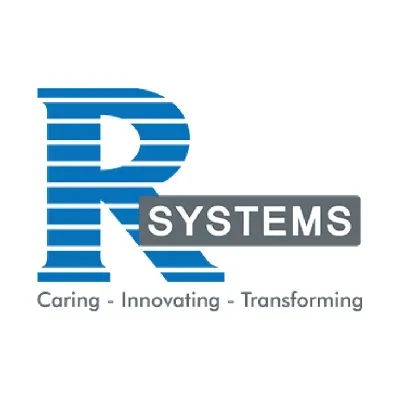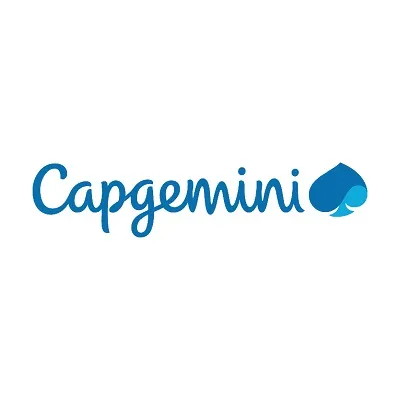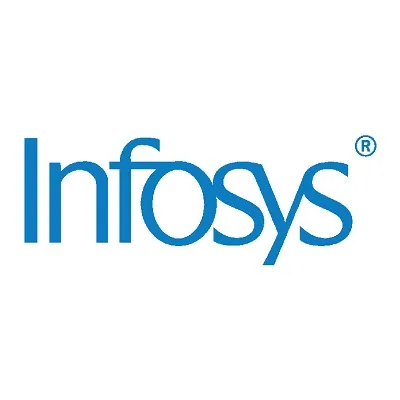

The B.Tech in Electronics & Communication Engineering offers a Flexible Timing Work Integrated Program (FTWIP) is a valuable option for professionals aiming for senior roles, increased responsibilities, and potential leadership positions within the field of electronics engineering. The FTWIP structure includes evening, weekend, or online classes, allowing students to manage their work and study commitments without needing a career break. These integrated work study programme are structured to provide flexible learning options along with online coursework and classes are held either on weekends or in the evening.
Choosing Lateral Entry B.Tech program in Electronics engineering is an online evening program that enables the students or professionals to acquire a degree certificate in a specified program that may enable them to enhance their skill set and make them more skilled and market-relevant in the industry. Flexible Timing Part Time B.Tech for Working Professionals not only acts as a trajectory in your career but also helps the professionals to retain their employability while earning a higher educational qualification.
This Online BTech evening program in electronics engineering offers flexible timing and blended learning options, allowing professionals to continue working while advancing their skills in electrical engineering. It integrates practical applications with academic coursework, enabling students to directly apply learned concepts to their jobs.
| 3rd SEMESTER | 4th SEMESTER | 5th SEMESTER | 6th SEMESTER | 7th SEMESTER | 8th SEMESTER |
|---|---|---|---|---|---|
| Applied Mathematics-III | Energy Science and Engineering | Digital Communication | Microwave Engineering | Optical Fiber Communication | Advanced 3G and 4G Mobile Communication |
| Analog Devices and Circuits | Digital Electronics | Linear Integrated Circuits | Automatic Control Systems | Microprocessors and Applications | Wireless Sensor Networks |
| Electronic Instrumentation | Analog Communication | Communication Networks and Switching | Wireless Communication | Elective-III | Elective-VII |
| Semiconductor Materials and Devices | Signals and Systems | Antennas and Wave Propagation | Elective-I | Elective-IV | Seminar |
| Network Theory | Electromagnetic Fields and Transmission Lines | Optoelectronic Devices and Circuits | Elective-II | Elective-V | Project |
| Analog Devices and Circuits Lab | Digital Electronics Lab | Digital Communication Lab | Microwave Engineering Lab | Optical Fiber Communication Lab | |
| Electronic Instrumentation Lab | Analog Communication Lab | Linear Integrated Circuits Lab | Automatic Control Systems Lab | Microprocessors and Applications Lab | |
| Network Theory Lab | Electronics Workshop |

Live & Recorded Lectures with cutting-edge tutorials.

Interact and Collaborate with Peers and Faculty

Online Mentoring

Use of Multimedia and Open Educational Resources

Flipped' Classrooms

E-portfolio & Peer Assessment

Work Integrated Advantage

Experiential Learning

Academic & Industry Mentorship

Continuous Assessment

Dissertation/Project Work


